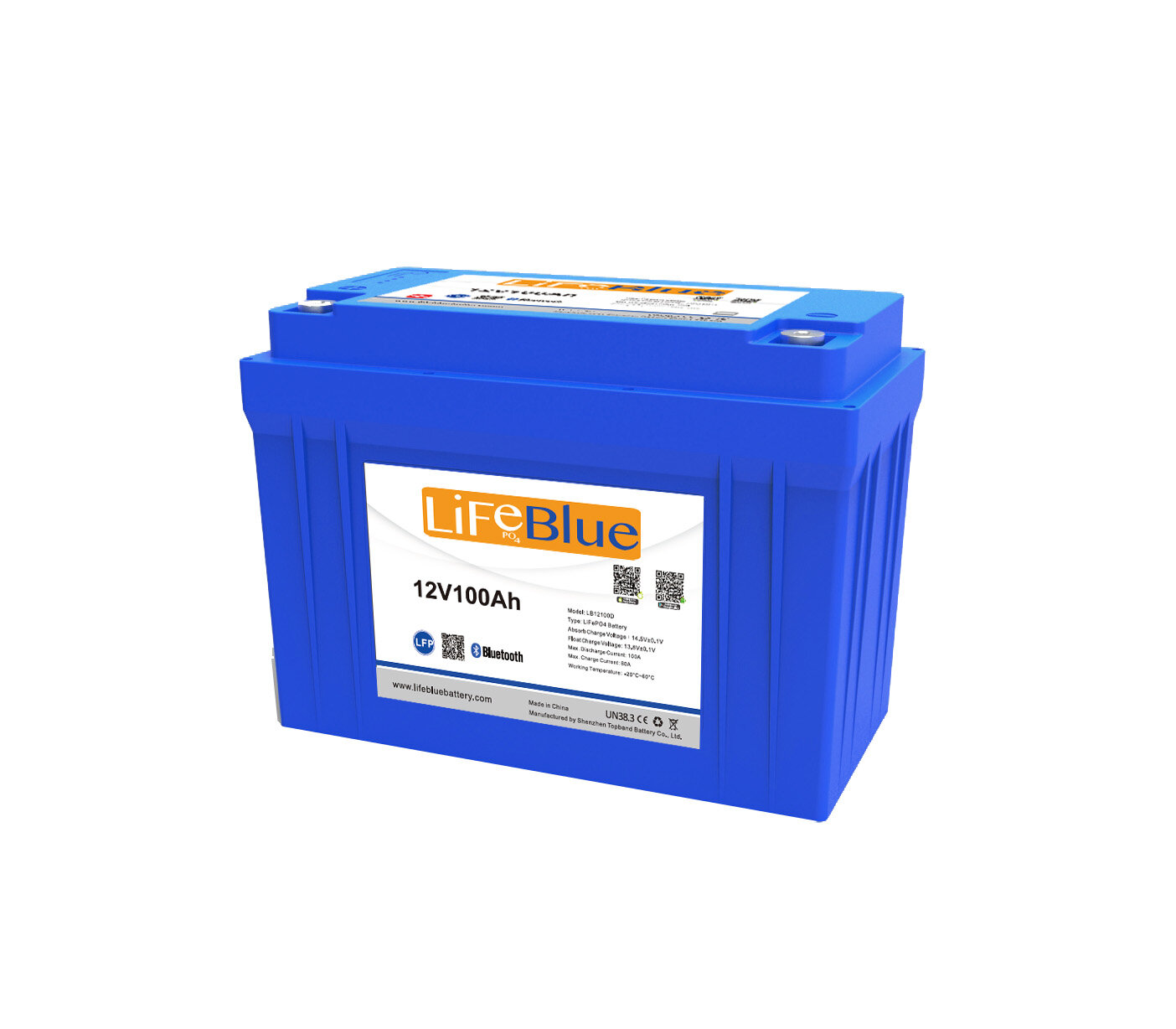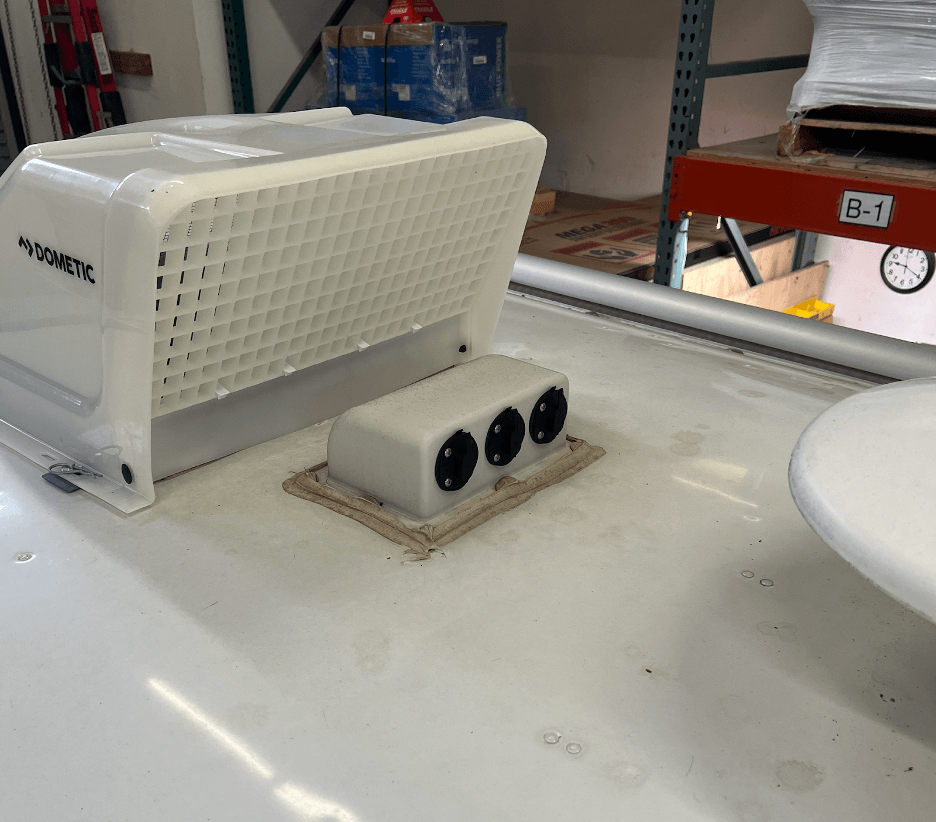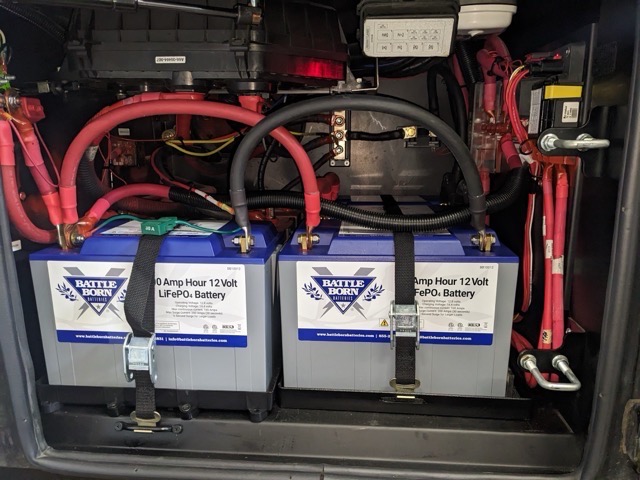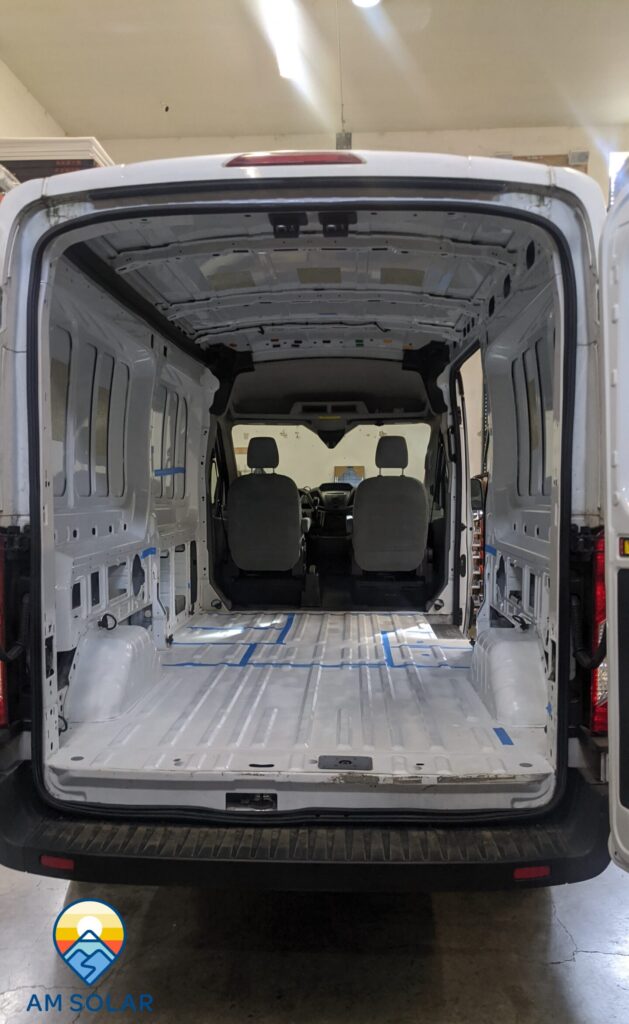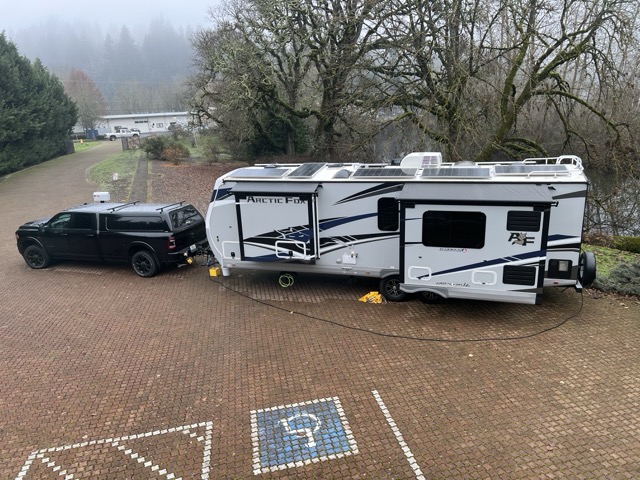Lithium Iron Phosphate (LiFePO4) batteries, commonly known as LiFePO4 batteries, are a type of rechargeable battery that has gained popularity in recent years. They are an alternative to traditional lead-acid batteries and have many advantages over other types of batteries. In this article, we will explore what makes LifePO4 batteries unique and why they are becoming an increasingly popular choice for a variety of applications.
Chemistry of LifePO4 Batteries
LiFePO4 batteries use lithium iron phosphate as the cathode material, which is why they are called Lithium (Li) Iron (Fe) Phosphate (PO4) batteries. The anode is made up of carbon, which allows for the movement of lithium ions. The electrolyte used in LiFePO4 batteries is typically a lithium salt in an organic solvent. The chemical reactions that occur during charge and discharge of the battery are:
- Charge reaction: LiFePO4 + C → LiFePO4 + Li++ + e-
- Discharge reaction: LiFePO4 + Li++ + e- → LiFePO4 + C
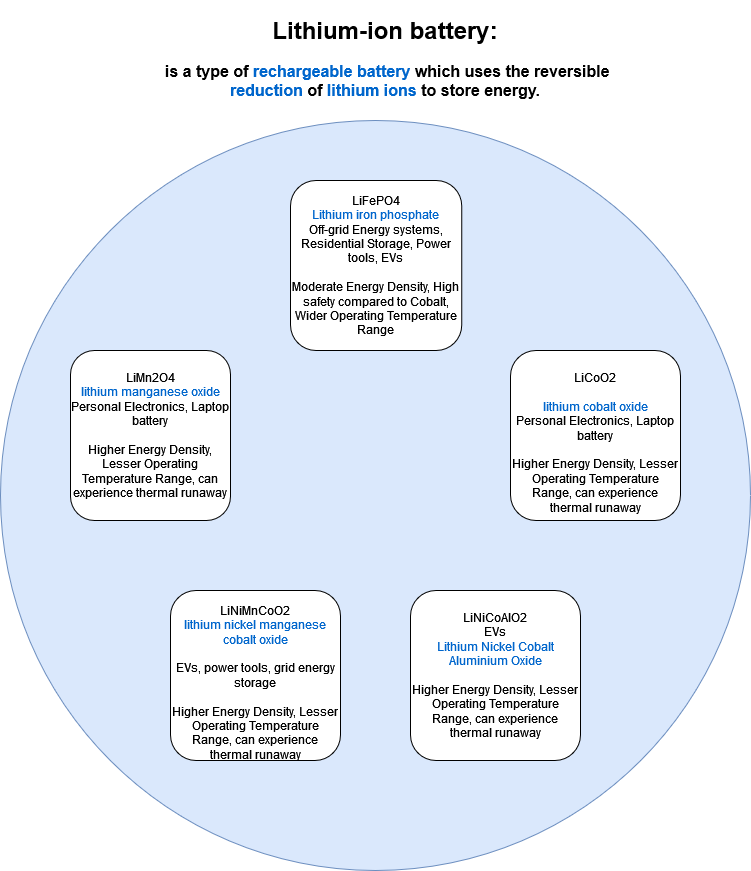
Advantages of LiFePO4 Batteries
There are several advantages of using LiFePO4 batteries, including:
High Energy Density
LiFePO4 batteries have a high energy density, which means that they can store a large amount of energy in a small package. They can store up to 5 times more energy than lead-acid batteries of the same mass. This makes them ideal for use in RVs, where space is at a premium.
Long Cycle Life
LiFePO4 batteries have a long cycle life, which means that they can be charged and discharged many times without degrading their performance. They can withstand up to 4,000 cycles, which is much higher than other types of batteries. This makes them a cost-effective choice for long-term use in RV applications.
Fast Charging
LiFePO4 batteries can be charged quickly, typically within 2-3 hours, which is much faster than other types of batteries. This makes them ideal for use in applications where fast charging is required, such as a short stop to a shore power outlet or brief usage of a gas generator.
High Discharge Rate
LiFePO4 batteries have a high discharge rate, which means that they can provide high power output when needed. They can deliver up to 10 times the power output of lead-acid batteries, making them ideal for use with high current loads like air conditioners.
Safe and Stable
LiFePO4 batteries are safe and stable to use, with a lower risk of overheating and catching fire compared to lithium-ion batteries. The electrolyte is inherently non-combustible. They are less prone to thermal runaway, a phenomenon that can occur when the battery overheats and causes a chain reaction that can lead to an explosion.
Applications of LifePO4 Batteries
No Cobalt
Lately, “Lithium” batteries have gotten some bad publicity due to the poor working conditions and treatment of cobalt miners. LiFePO4 batteries DO NOT use cobalt.
LiFePO4 batteries are used in a variety of applications, including:
Renewable Energy Storage
LiFePO4 batteries are also used in renewable energy storage systems, such as solar and wind power systems. They can store energy during periods of high production and release it when needed, making them a reliable and cost-effective solution for renewable energy storage.
Marine and RV Applications
LifePO4 batteries are ideal for use in marine and RV applications, where they can provide high power output, long cycle life, and fast charging. They are also more durable and reliable than lead-acid batteries, making them a popular choice for boaters and RV enthusiasts.
